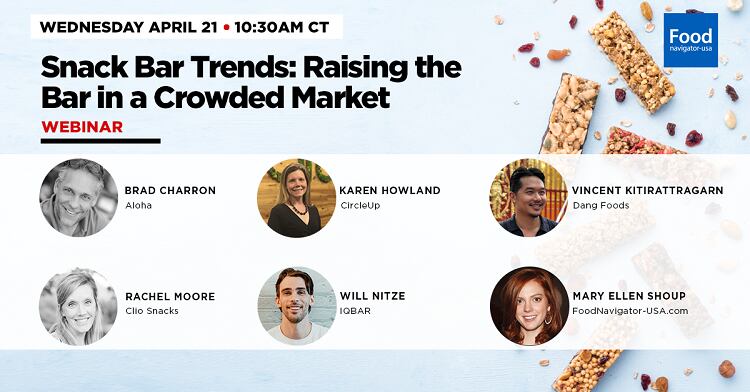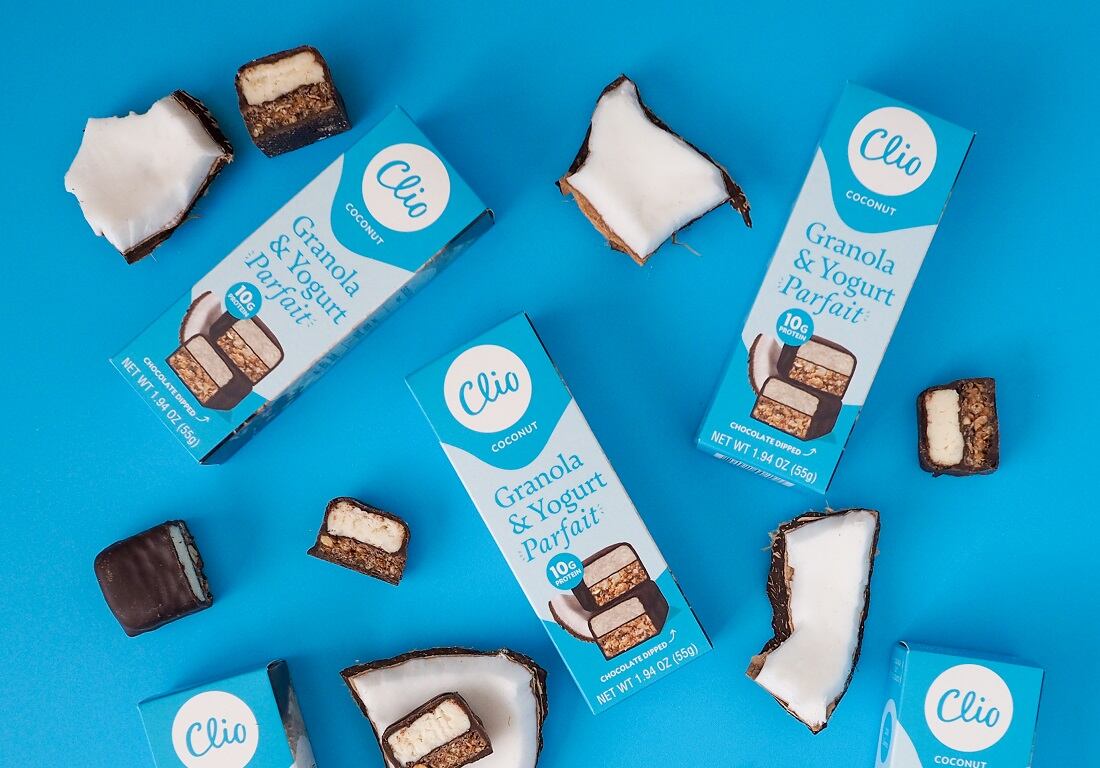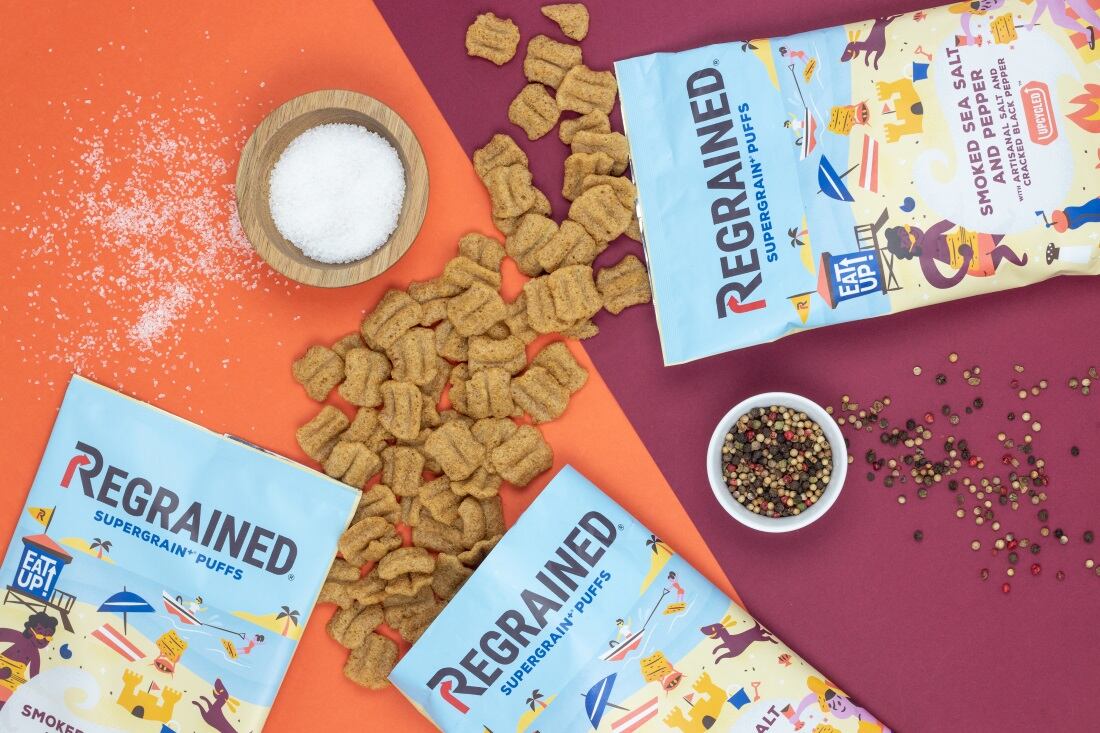In FoodNavigator-USA's Snack Bar Trends: Raising the Bar in a Crowded Market online event (now available to watch to on-demand), we quizzed a panel of industry stakeholders on the state of the market and where things are headed.
Single-serve bar sales down 20% in 2020
Karen Howland, managing director at CircleUp - which uses its 'Helio' machine-learning platform to scour over a million CPG brands to uncover significant and emerging trends - said the snack bars category is still re-establishing its footing since last year.
According to CircleUp data (from Nielsen), after several years (2017-2019) of low to flat growth, the overall bar category saw retail sales dip by 8% in 2020 compared to the year prior.
"In this overall weak trend, we did see a meaningful trend in how the consumer was shopping. Single-serve was down 20% for the year, and as much as 40% down in April and May. Whereas, multi-serve was down single to low digits depending on the month of the year," said Howland.
"What’s really interesting to me is as the world has begun to open back up again, we haven’t seen a material change to that trend."
When making a comparison to other categories such as ready-to-drink (RTD) beverages, the single-serve bar set still appears to be falling behind, as the single-serve RTD sector has gained retail sales ground in 2021.
"So there may be a sustained consumer trend that’s happening here," said Howland.
Online channel: 'It got crazy competitive'
Contrasting the category's dip in brick & mortar retail sales, Howland shared that the e-commerce channel has surged in growth for bar brands.
"We saw almost 100% growth [online] in the bar category in 2020 as consumers shifted their buying habits. It seems like that growth has been sustained too, and that it wasn’t just a big COVID bump in March and April, but a trend that has continued," said Howland.
"We’re seeing a real focus on functional benefits and specific diets. Likely not surprising, emerging brands are significantly outpacing the larger incumbents as consumers are able to use SEO to find the brands targeting specific needs and attributes that they’re focused on," said Howland.
But while brands may be experiencing an increased sales lift, the DTC channel has become a more competitive environment, explained Dang Foods founder and CEO Vincent Kitirattragarn.
"For us the e-commerce piece of the business showed the most resilience. We grew 150% with Thrive last year, Amazon and DTC businesses grew as well," he said.
"At the same time, it got crazy competitive because everyone was taking money out of brick and mortar and throwing it into Amazon ads and Instagram. It’s not an easy playing field. I think a lot of companies are still trying to figure out food DTC, the economics are very tough."
The practice of trial and sampling, which has been essential to the bar category and acquiring new customers, is very difficult to replicate online, said Will Nitze, founder and CEO of IQBAR.
"You’re always balancing the ratio of customer acquisition cost with quality of customer," said Nitze, who added just because you hook in a new customer with a free box of bars, doesn't mean you've converted them into a life-time consumer of your product.
Keto, grain-free, plant-based...What does the consumer want?
According to Helio data, the leading product attributes by sales growth for 2017-2020 were low-carb (+10%), superfood (+25%), and paleo (+31%). Keto and grain-free saw a 4% sales growth.
"Whole grain and grain-free, I think are ones that’s are really interesting to watch because they’re growing nicely, but they haven’t seen a lot of new entrants into the category," said Howland (keto, by contrast, saw a 60% surge in new entrants to the category between 2017 to 2020).
However, product attributes will always be second to taste and flavor, noted Howland.
"It doesn’t matter if your brand hits on all the functional attributes, if it doesn’t taste good the consumer is not going to come back," she said.
When talking about the importance of 'plant-based,' Kitirattragarn said the term is no longer a brand differentiator.
"For this category, I don’t think plant-based is a meaningful attribute. And I say that because some of the early bars to this category were plant-based. It’s par for the course," he said.
What is meaningful: Tapping into the consumers' daily routine
"What I do think is meaningful is how does it fit into your daily routine? Tapping into moments like that is really powerful," said Kitirattragarn.
Brands that can grow to intimately know their consumers and their daily ups and downs -- such as the moment of reprieve when putting their baby to sleep for the night -- are well positioned to capture new customers.
Rachel Moore, VP of marketing at Clio Snacks, says this mindset permeates every aspect of the Clio brand (which makes refrigerated chocolate-covered yogurt bars).
"Consumers are looking for ease and versatility -- [i.e.] 'How can I use that bar for multiple points in the day?'," she said.
'I would be pushing into foodservice'
Looking ahead, Howland does note that as consumers travel more freely, momentum for the bar set will begin to pick up.
"I feel like we are on the cusp of a massive shift back to travel, to in-person events, and the world is going to open up at a really rapid pace. So I would be pushing into foodservice if given the opportunity," she said.




